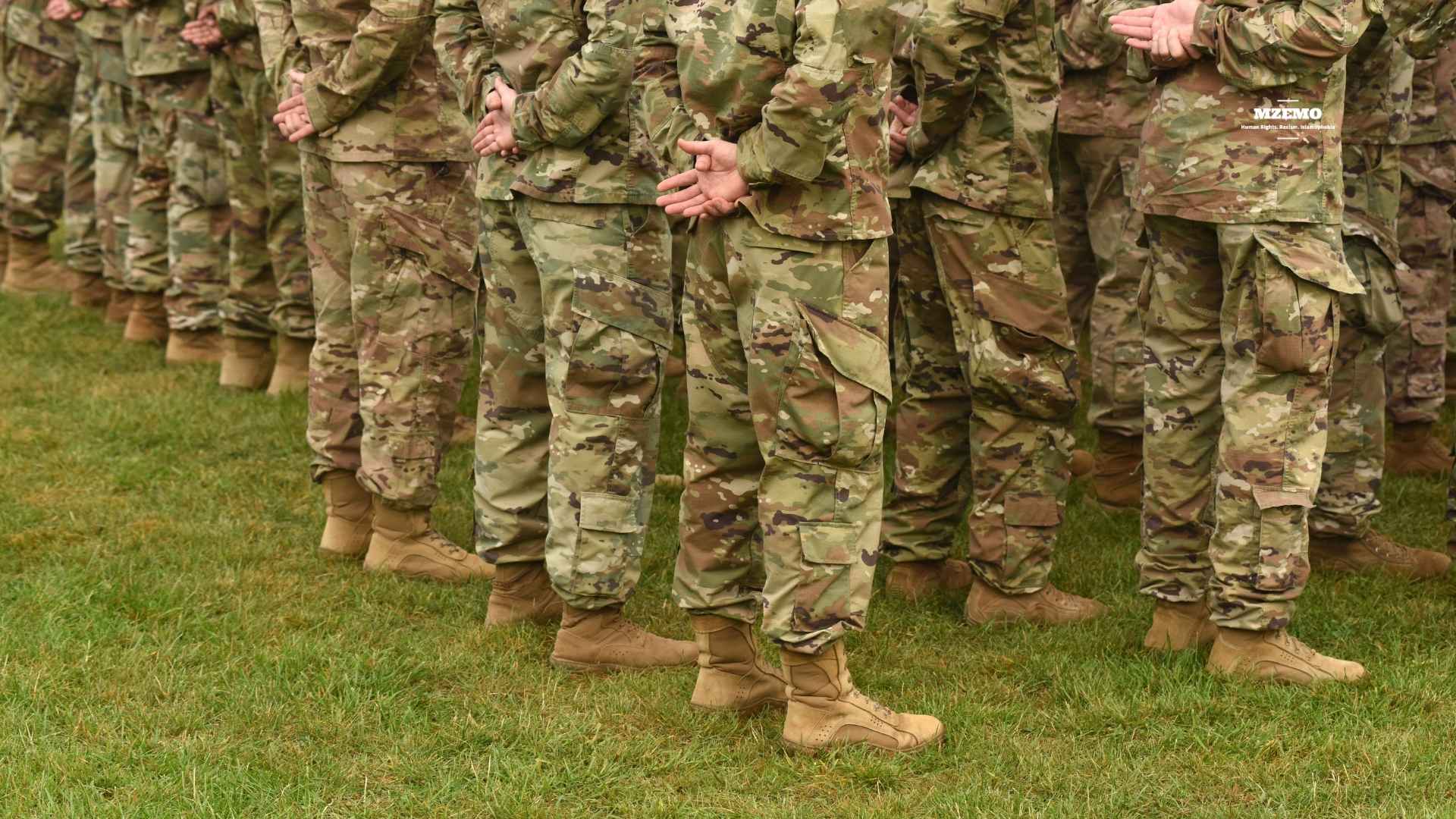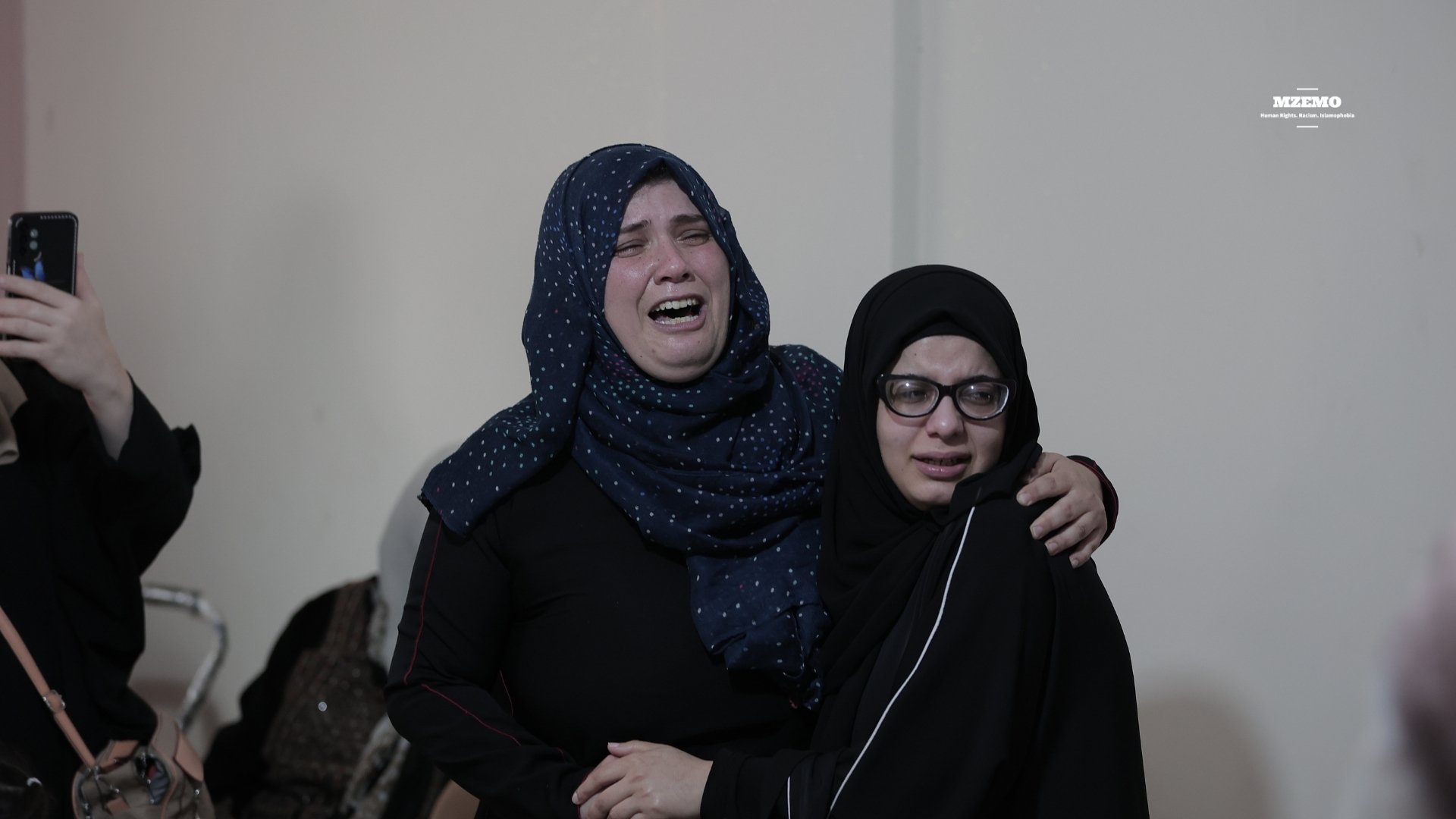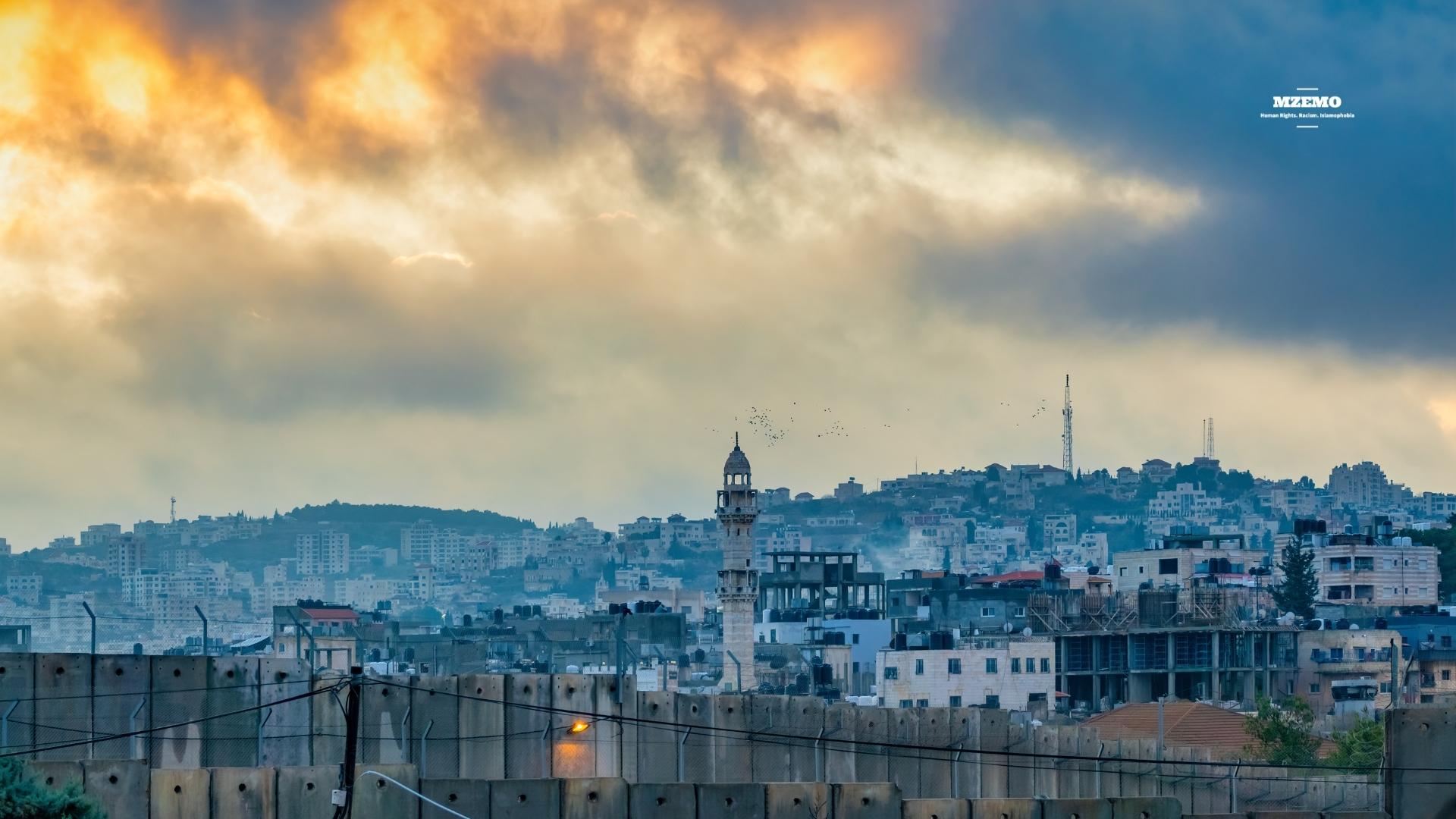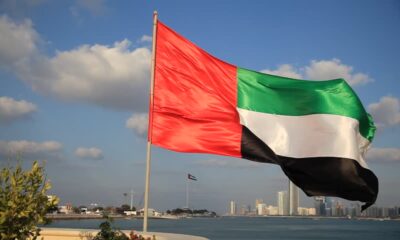I detest Iran’s dark embrace of the Hitlerian regime of Damascus, but Tehran does have a right to possess a Nuclear deterrent.
I, too, shouted “Istiklal Azadee, Hukamati Islamee” (independence, freedom, Islamic government) and “tau Margi Shahi Kha’en, Nehzat Idameh Durad” (until the death of the treacherous Shah, the revolution will continue.” That was in the late 1978, when I, along with the bulk of Muslims around the world, Sunnis and Shiites, gave the late Imam Khomeini and his companions the benefit of the doubt. We thought the Sun of Islam would rise anew from the land of Abu Hamed al-Ghazali, Umar Khayyam and Saadi Shirazi. We were tragically wrong, as the Grand Ayatollah soon took off the outer cloak of true, authentic Islam in favor of the repugnant Turban of schismatic sectarianism. (See my book “My story with the Shiites: Major Contradiction in the Shiite Imami Religion.”
I didn’t immediately lose the hope for some reforms that would correct the course of the revolution which was facing overwhelming challenges from a huge cacophony of internal and external enemies at the top of which stood the United States and Israel, as well as a number of despicable Arab regimes that were at Washington’s beck and call. But as the years passed, Iran’s sectarian character became hard to hide and harder to defend.
The Iranian intervention in Syria
The brutal ugliness of Iran’s face became quite conspicuous to everyone, friend and foe alike, when the clerical regime in Tehran trained, funded and dispatched more than 50 Shiite militias to help the Butcher of Damascus exterminate his own people, including women and children. Read my article: Is Iran trying to create another Israel in Syria.
These mostly ignorant zealots hailing from as far as Herat, Mazari Sharif and Karachi were told that they were going to fight the enemies of Imam Hussein and that whoever died of them in battle would go straightforward to paradise in the company of Imam Ali, Imam Hussein and Fatema, the daughter of the Prophet (peace be upon him).! Needless to say, this perfidy by the regime in Tehran was a slap to world Muslims as well as to free and honest men and women around the world.
Bashar Assad is not really Shiite. He belongs to an esoteric sect called Alawites, which believes that Ali, the Prophet Muhammad’s son-in-law and the fourth of the rightly-guided Caliphs who ruled the fledgling Islamic state following the Prophet’s death , was God-incarnate, which constitutes absolute blaspheme, apostasy and polytheism in Islam.
So what would make the most revolutionary Muslim country embrace a decidedly nefarious mass murderer and certified war criminal, who murdered hundreds of thousands of Syrians, destroyed Syria and expelled more than 50% of Syrians to the four corners of the world, all in order to remain in power for a few more years? Read my article: The Syrian regime must change, or it will be changed
The answer is sad and lamentable. The clerics of Tehran had no moral credentials whatsoever and apparently hated Sunni Muslims much more than they loved their own children.
The Bomb
Having elucidated my views on the cleric’s regime in Tehran, I believe Muslims, notwithstanding the regime’s many days of infamy, ought to be fair and just with regard to the Iranian nuclear program. This is in line with the Qur’an, God’s final revelations to mankind. Which instructs us to be fair and just in all circumstances even toward foes and enemies:
“O ye who believe! stand out firmly for Allah, as witnesses to fair dealing, and let not the hatred of others to you make you swerve to wrong and depart from justice. Be just: that is next to piety: and fear Allah. For Allah is well-acquainted with all that ye do. (al-Ma’eda, V. 8)
Iran has absolute right to possess Nuclear weapons
In my opinion, Iran has an absolute right to possess a nuclear deterrent. For that matter, I believe Major Muslim countries such as Egypt and Turkey should possess a deterrent. Israel has had a nuclear deterrent since the late 1950s, with the help of France and the US. Indeed, why should a small and notoriously- bellicose country, like Israel, have over 90 nuclear warheads whereas a country such as Egypt with a 100 million –plus population, or Iran, with more than 80 million people, are forbidden to have the bomb?
Besides, how should Iran defend her people if Israel decided to drop a nuclear device on Tehran or Mashhad or Shiraz? Who would, indeed who could restrain, let alone deter Israel then? America? You must be kidding!
The possession by Iran of a nuclear deterrent would probably mitigate Israel’s insolence, megalomania and arrogance of power, but nothing else. Indeed, the very maximal potential level of deterrence Iran would possibly reach is what is known as “Mutual Assured Destruction, or MAD.
But MAD is not necessarily a mad concept after all. Indeed, most strategic experts attribute the non-occurrence of a nuclear Armageddon between the West and the former Soviet Union to the MAD theory and rational fear of humanity’s extinction.
The Ukrainian crisis
It is widely believed that the Ukrainian leadership is more or less remorseful for giving up its nuclear arsenal following the downfall of the Soviet Union. The argument made by some Ukrainian military leaders, and privately by President Zelinsky, is that Russia wouldn’t have invaded a nuclear-armed Ukraine in broad daylight and in full view of NATO and the West? I realize that it would be “probably unwise” to take this argument for granted. None the less, it is true that the world has been transformed into a real, brutal jungle thanks to the rapacity, arrogance and criminality of the big powers, especially the US and Russia.
I do believe a nuclear Iran would be an immensely destabilizing factor especially at the regional level. I know Israel, which has been demonizing and vilifying Iran since the downfall of the Shah, is in no mood to listen to a voice of reason and sanity regarding Iran. This is because the apartheid entity is hell-bent on retaining and expediting its belligerent regional hegemony.
Arabs have only themselves to blame
I could anticipate that Saudi Arabia would have to choose between developing or buying! its own nuclear deterrent, or embarking on a road leading to a cordial normalization and full alliance with Israel in exchange for placing the bloated kingdom under Israel’s nuclear umbrella.
There is already a strong proclivity by the de facto King, Muhammed Bin Salman (MBS) to go in this direction. But Israel is notoriously parsimonious, and an insolent Zionist leadership would most likely insist that MBS must recognize Jerusalem (East and West) as Israel’s united and eternal capital. So, once again the Palestinians would be the main losers if Israel had her way.
This is the price the Arabs of our time would have to pay for succumbing to their treacherous “rulers” who acquire their “legitimacy” from Israel’s guardian-ally, America, which doesn’t give a damn about Arabs and Muslims, or their rights, honor and dignity (END).
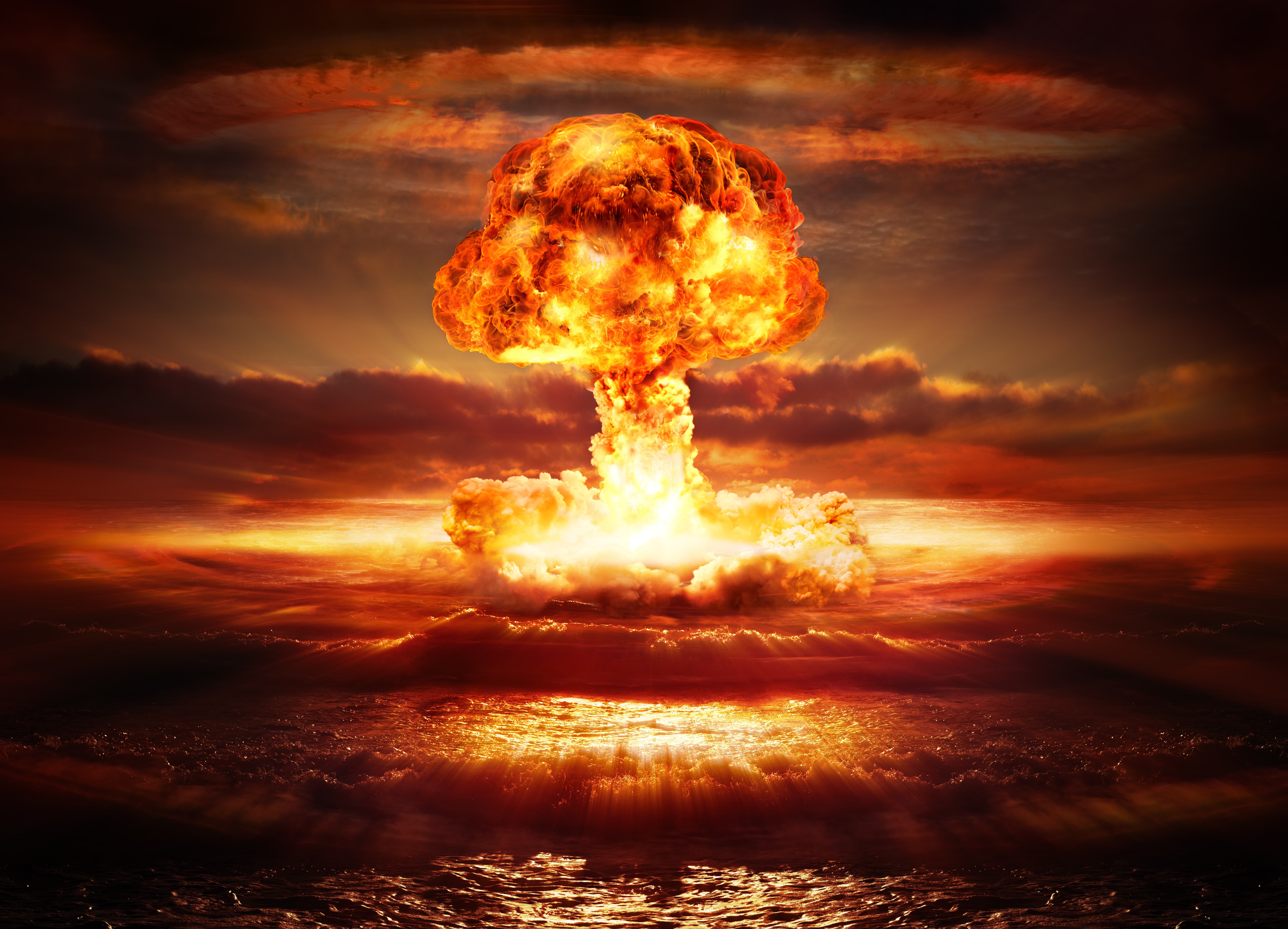

 Featured2 years ago
Featured2 years ago
 Featured3 years ago
Featured3 years ago
 Featured2 years ago
Featured2 years ago
 Featured4 years ago
Featured4 years ago
 Featured3 years ago
Featured3 years ago
 Featured5 years ago
Featured5 years ago
 Featured2 years ago
Featured2 years ago
 Featured3 years ago
Featured3 years ago
